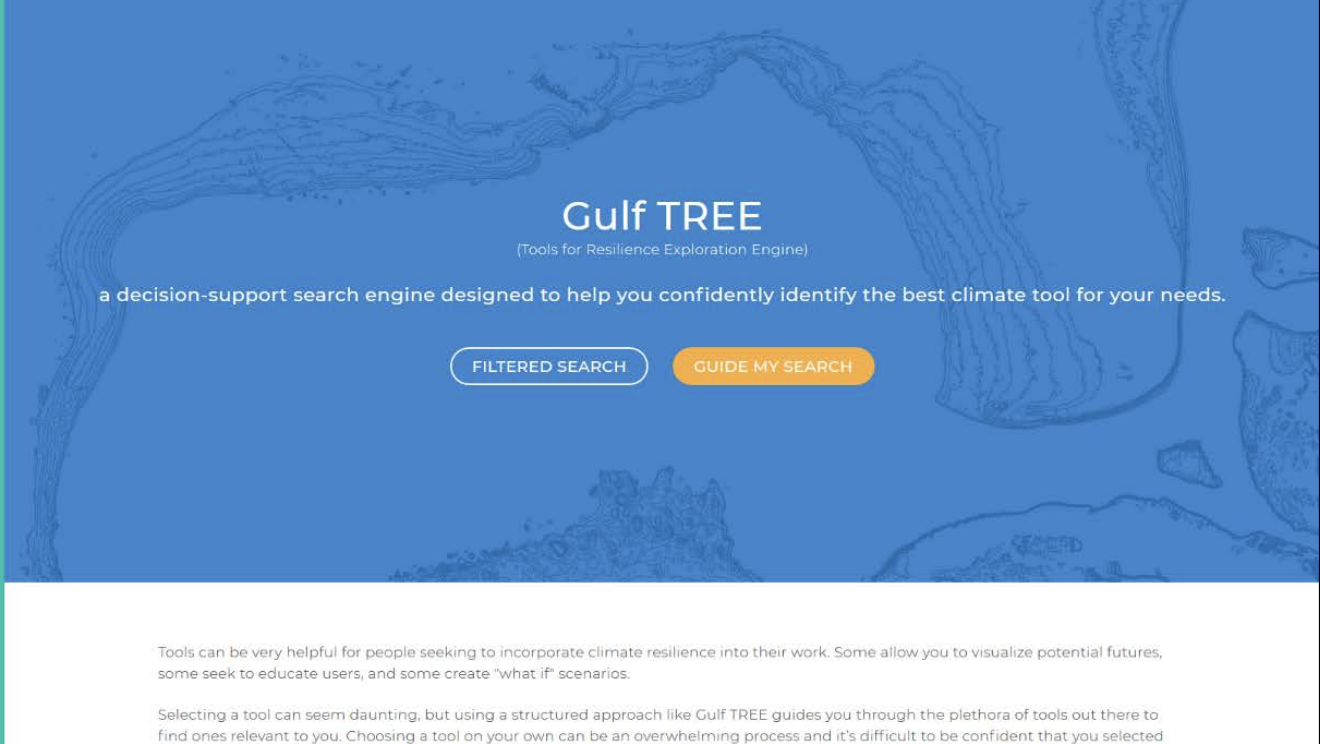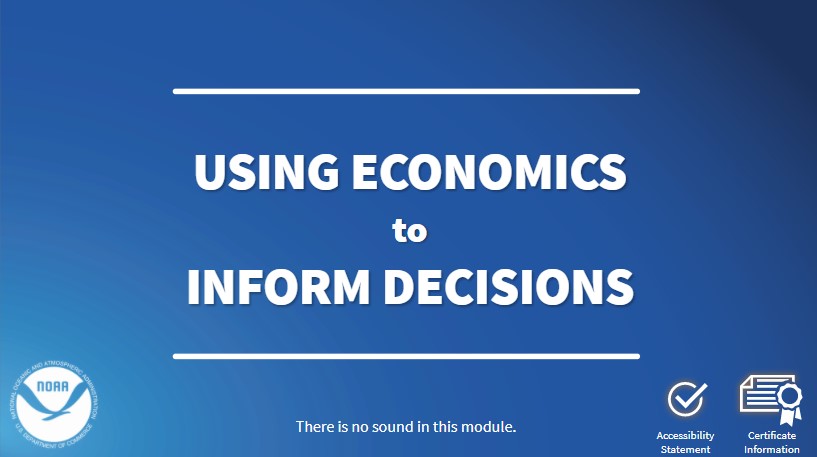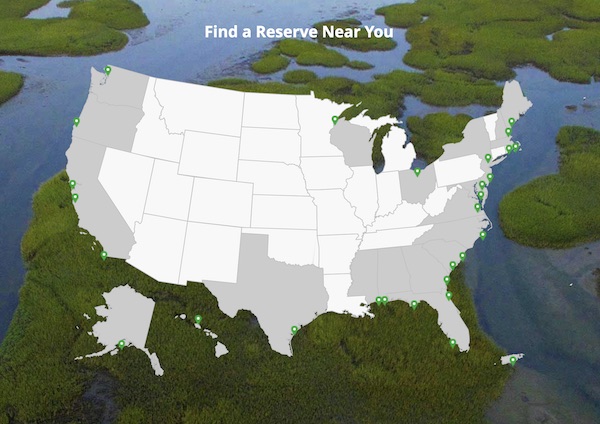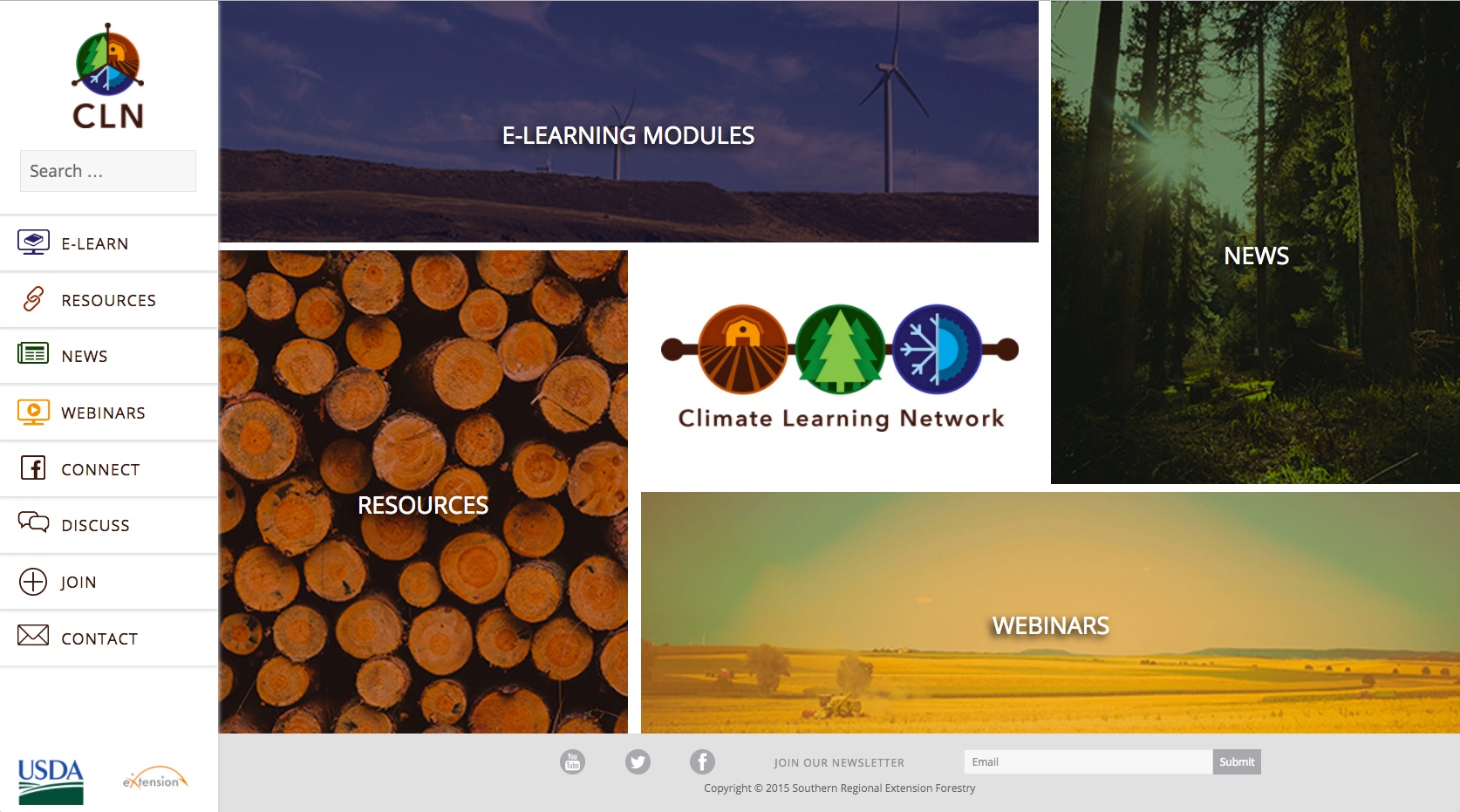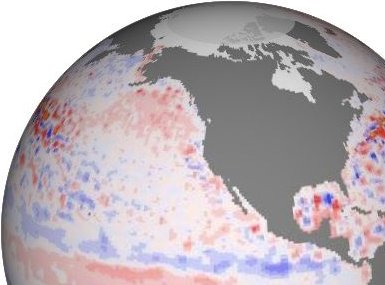Module Description:
The National Estuarine Research Reserves, a network of 29 coastal sites along U.S. Coasts and the Great Lakes, host a range of education, outreach, and training opportunities through their Coastal Training Programs. The overarching goal of these programs is to provide current science and skill-building opportunities for decision-makers in coastal communities. The Coastal Training Programs increase audience understanding of the environmental, social, economic, and policy consequences of human activities, and facilitates coordination among stakeholders to support evidence-based policies and actions.
Each Reserve’s program is different, and many sites host trainings related to resilience and climate change. Some sites have the flexibility to meet the needs of specific decision makers at specific times by organizing or developing custom trainings for local or regional decision makers. Reserves also frequently host the NOAA Digital Coast trainings.
To access training opportunities, or find contact information for program coordinators, select a reserve from the national map. View the Reserve page, and then go to the Reserve Website (under Important Links). Check the Reserve Website for Training, Education, and Outreach opportunities.
